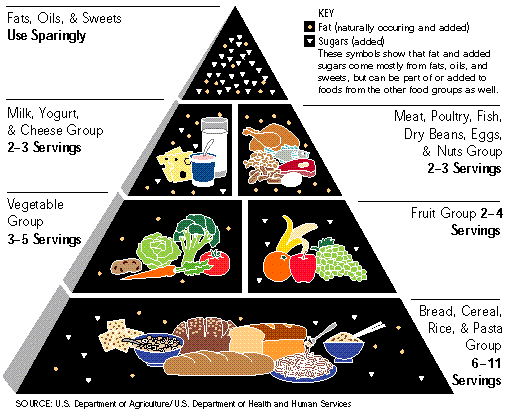An extensive research study conducted in Sweden and published in the Journal of the American Medical Association in September 2006 found that women who ate fatty fish at least once a week lowered their risk of developing renal cell carcinoma by up to 74% over women who didn't eat fatty fish at all.
The study, led by Professor Alicja Wolk from the Karolinska Institutet, involved analysing data obtained from over 61,000 women between the ages of 40 and 76 over a period of approximately 15 years. The women were asked to complete a food questionnaire both at the beginning and then again at the end of the study. The results showed a correlation between eating one or more portions of fatty fish a week and a reduced risk of kidney cancer.
Kidney cancer is still a relatively rare type of cancer affecting men more than women but the indications are that it is on the increase globally. This research study is the first of its kind as there are no previous studies looking specifically at the link between eating fatty fish, as opposed to eating fish in general, and its effect on kidney cancer. Fatty fish are high in Omega 3 and these latest results join the increasing amount of evidence substantiating the enormous health benefits to be gained by increasing consumption of Omega 3.
What does Omega 3 do?
Omega 3 is anti-inflammatory and so helps to reduce any inflammation in the body and alleviate the symptoms of any inflammatory based condition including arthritis, allergies and skin problems. It also thins the blood helping to prevent blood clots and consequently strokes. It can boost the immune system and so helps fight off infection. Numerous research studies have also shown it can improve brain function in general so can have an effect on mood and behaviour and as such, can help to treat and even prevent many types of depression and conditions affecting the brain including slowing down the progression of Alzheimer's disease.
In particular, the protective benefits for the heart are probably the most well known and documented throughout the world.
As a result of the amount of publicity surrounding Omega 3 in recent years just about everyone has now heard of it, but many people are still unaware of why it is fish sources of Omega 3 that are particularly important.
Eicosapentaenoic acid (EPA)
Fatty fish like Salmon, Herring, Sardines and Mackerel contain high levels of the essential Omega 3 fatty acids Eicosapentaenoic acid or EPA and Docosahexaenoic acid or DHA, as much as 30 times more than other less oily types of fish. However, many people don't know that there are significant differences between Omega 3 sourced from fish and Omega 3 sourced from plants.
An increasing amount of producers are putting Omega 3 into our food but the reality is that most of it is in the form of ALA, or alpha-linolenic acid. ALA is a plant based Omega 3 fatty acid found in dark green leafy vegetables and certain vegetable oils, but the body cannot synthesise this Omega 3 fatty acid to produce EPA and DHA and it is these two fatty acids that are responsible for the profound health benefits associated with Omega 3. In fact, research indicates that the conversion rate from ALA to EPA and DHA might even be less than 5%. This means it isn't possible to get the amount of Omega 3 required from plants to make any significant difference to our health.
EPA on the other hand can arguably be considered the most important fatty acid as we can produce DHA if we have enough EPA in the diet. However, the only way we can get enough EPA is either to eat a lot more oily fish, or to supplement our diet with fish oil. Government health guidelines currently recommend that adults should eat 2 portions of fish a week, one of which should be oily, but certainly no more than 4 due to the potential risk posed by certain toxins that can be present in fresh fish.
EPA Fish oil
Certainly it would appear that the combined benefits of Omega 3 fatty acids are essential for physical and mental wellbeing in general and one of the most effective ways of making sure you get enough Omega 3 in your diet to make a difference, is to supplement with good quality fish oil where the toxins have been removed, and to choose one that is high in EPA.

 Introduction To Of Some Lower Cholesterol Foodstuffs
Cholesterol is a fat-like element contained in the physique
Introduction To Of Some Lower Cholesterol Foodstuffs
Cholesterol is a fat-like element contained in the physique
 The Simplest Way To Lessen Your High Cholesterol By Natural Means
High-cholesterol is a major variable inside the countrywide
The Simplest Way To Lessen Your High Cholesterol By Natural Means
High-cholesterol is a major variable inside the countrywide
 Starting Up An Aquaponics Set Up From See The Easy Way
Planting seeds in your aquaponics system can be a lot simpl
Starting Up An Aquaponics Set Up From See The Easy Way
Planting seeds in your aquaponics system can be a lot simpl